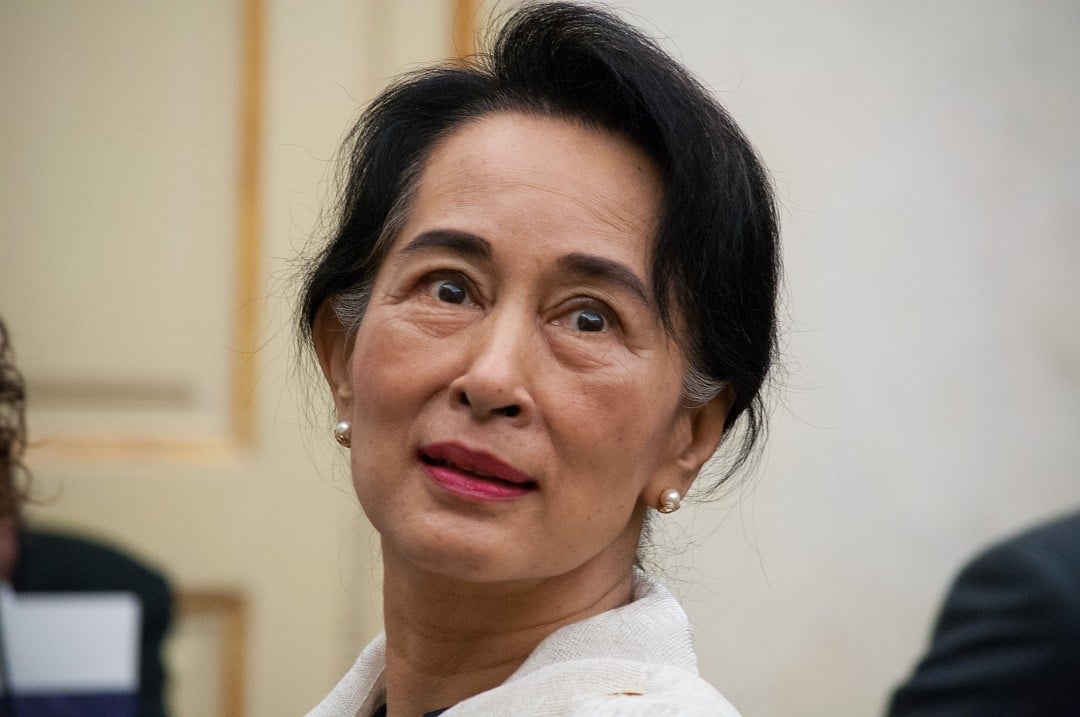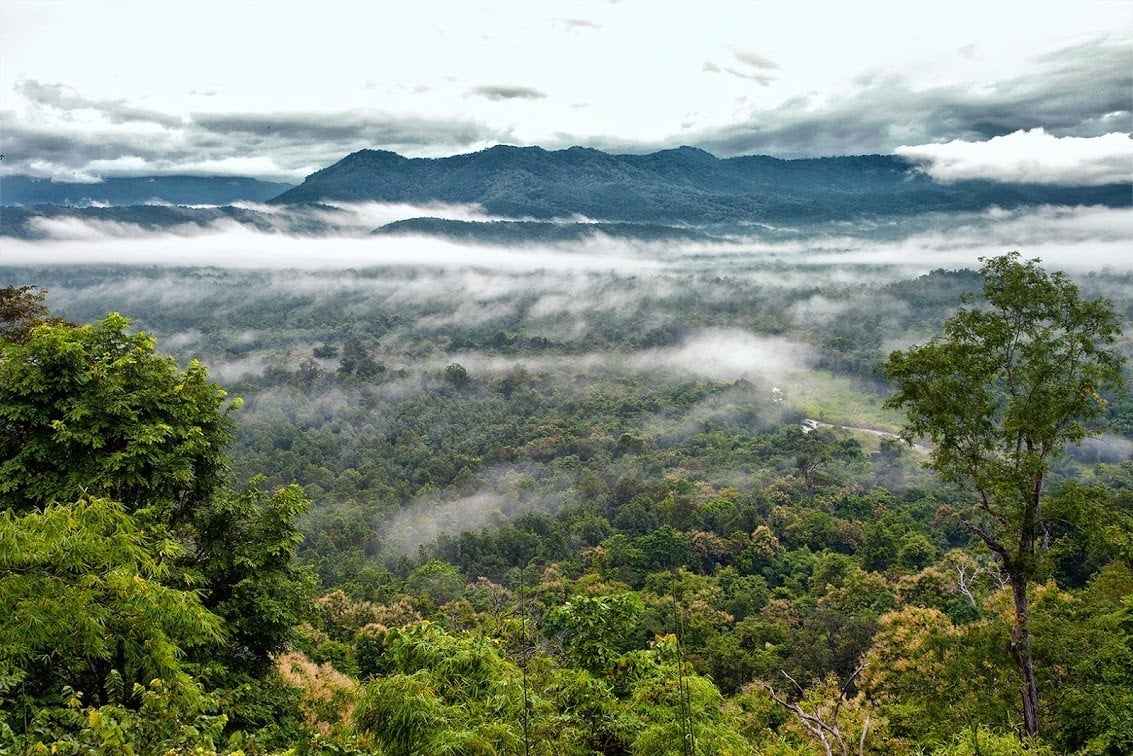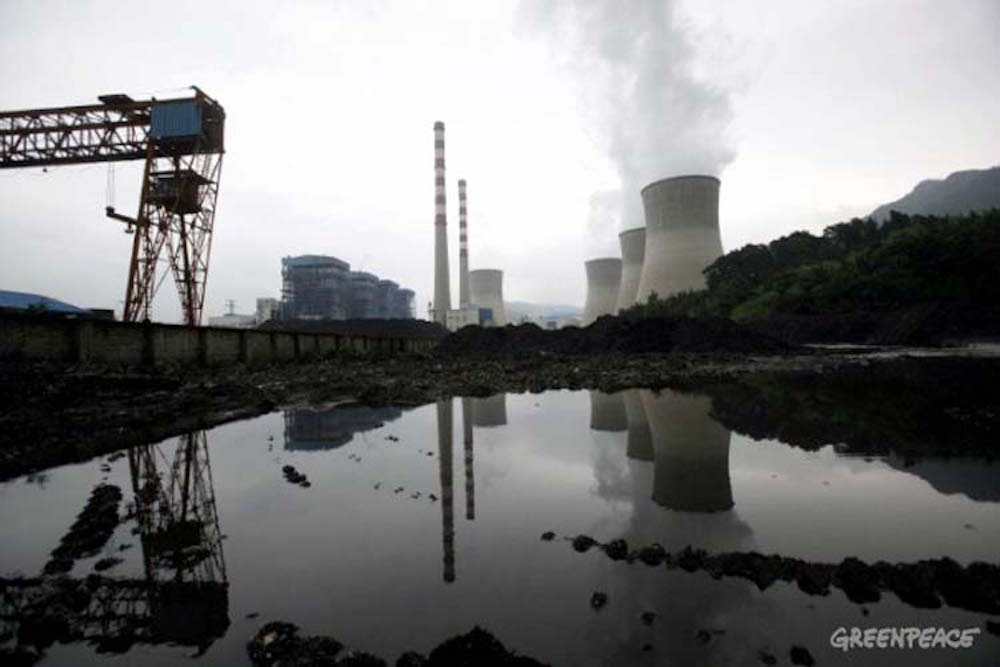These were among the petitions related to administrative procedures that were raised at a validation workshop held in HCM City last week.
The aim of the workshop was to create more opportunities for further wind power.
The Validation Workshop on “Wind Power Investment Guidelines” was co-hosted by the Deutsche Gesellschaft fur Inter-nationale Zusammenarbeit (GIZ) GmbH in Vietnam and the General Directorate of Energy (GDE) under the Ministry of Industry and Trade (MOIT) in Vietnam.
Aurelien Agut, a GIZ consultant, said that interest to invest in small wind turbines was strong, but there were no clear regulations on the import of small turbines as well as on relevant procedures.





